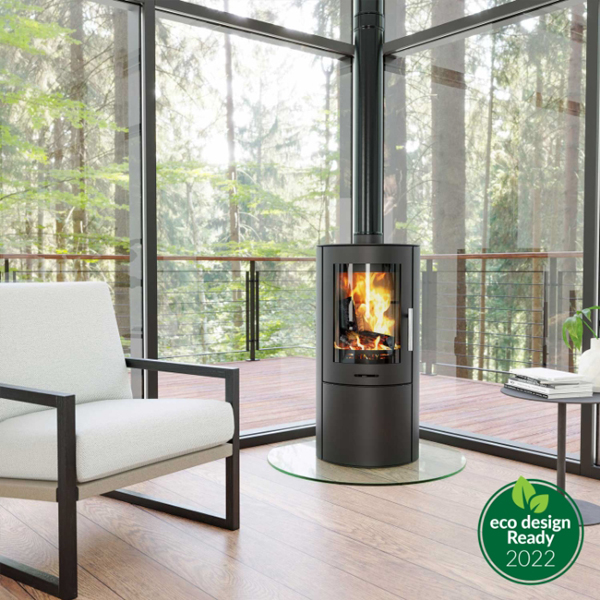When homeowners think about a kitchen upgrade, the choice of a new stove can be both thrilling and daunting. With a wide array of options available, such as gas, electric, and induction cooktops, it is crucial to manage the installation process with knowledge and attention. Stove installation is not just about selecting the right appliance; it also involves understanding the technicalities, safety protocols, and local regulations that must be considered. This guide aims to illuminate the latest trends and innovations in stove installation, empowering homeowners to make informed decisions.
In today's fast-evolving home improvement landscape, hiring a professional stove installation specialist has become more crucial than ever. These experts are not just skilled at ensuring a smooth installation but also have a deep understanding of safety precautions and compliance with local codes. Whether you are thinking about a conversion from electric to gas, enhancing your current stove, or simply switching out an outdated model, it is crucial to be aware of the various factors that influence the installation process. By familiarizing yourself with what to expect, you can set the stage for a successful and effective kitchen transformation.
Deciding on the Best Stove: Gas vs. Electrical
When it comes to choosing a stove for your kitchen, the decision often comes down to deciding between gas and electrical models. Each option has its individual benefits and drawbacks that can greatly impact your cooking experience. Gas stoves are known for their fast and responsive heat, which allows for precise temperature control. Many professional chefs prefer natural gas for its ability to immediately adjust flame intensity, providing an edge in cooking techniques that need exacting heat levels.
On the other hand, electrical stoves, including induction cooktops, offer convenience and safety features that may attract a lot of homeowners. Electric models are generally easier to clean due to their even surfaces and often include functions such as timers and auto shut-off functions. Additionally, induction stoves heat up more rapidly than traditional electric stoves and only warm the cookware, making them efficient and reducing the risk of burns.
Ultimately, the choice between natural gas and electric stoves should take into reflection factors such as culinary practices, kitchen layout, and private preference. Homeowners should think about how they normally cook and whether the specific advantages of one type over the other matches with their culinary style. Additionally, access to gas lines and local utility regulations may also affect this decision, making it essential to evaluate both options meticulously.
Preparing for Your Stove Installation
Before the installation of your stove, it is crucial to ensure that your kitchen is well prepared. Start by taking measurements of the space where the stove will be installed. Make sure that the dimensions match the specifications of the stove. This includes aspects of the height, width, and depth to ensure a suitable fit. Remove the area of any obstacles or clutter to facilitate unobstructed access for the installers. Furthermore, check that Log Burning stove installation can support the weight of the new stove and is in good condition to avoid any issues during installation.
Afterward, assess any necessary utilities that will connect to the stove. If https://hirsch-burks-4.mdwrite.net/in-what-way-professionals-in-stove-setup-can-guarantee-your-safety going with a gas stove, check that you have an appropriate gas line in place and consider whether an upgrade is needed. For electric stoves, ensure that the electrical outlet is capable of handling the appliance's requirements. It's also recommended to confirm that your kitchen has adequate ventilation, particularly for gas stoves, to avoid any hazards. Tackle any concerns in preparation to streamline the installation process.
Finally, investigate and verify any local codes and permits needed for appliance installation. This can include and may not be limited to safety regulations and building codes related to gas or electric appliances. Consulting your stove installation specialist can assist clarify what is needed. Preparing in advance will not only accelerate the installation but also ensure a safe and compliant setup for your latest stove.
Safety and Adherence in Stove Installation
Regarding stove installation, protection should forever be the highest priority. Correct installation is essential to prevent possible hazards such as gas escape, flames, and shock hazards. Homeowners should be aware of the regional stove installation codes and regulations that apply to their neighborhood. These codes often dictate requirements for ducting, space around the stove, and required permits. Neglecting these regulations can not only undermine safety but may also cause legal issues down the line.
Alongside following local codes, ensuring that the installation is performed by a certified professional is crucial. Professionals have the knowledge to address the complexities of both gas and electric stove installations, which may involve the potential need for electrical upgrades or gas line changes. They are familiar with the safety measures required, such as sufficient ventilation for gas stoves and the correct outlets for electric devices. This not only assists in adherence with safety regulations but also ensures emotional peace of mind for homeowners.
After installation, it’s important to perform regular maintenance and safety checks. Homeowners should know how to avoid gas leaks and notice the signs of potential issues, such as strange smells or appliance performance problems. Regular inspections can assist identify maintenance needs before they become critical issues. By focusing on safety and compliance at all levels of the stove installation process, homeowners can enjoy their modern kitchen appliance with certainty and security.

